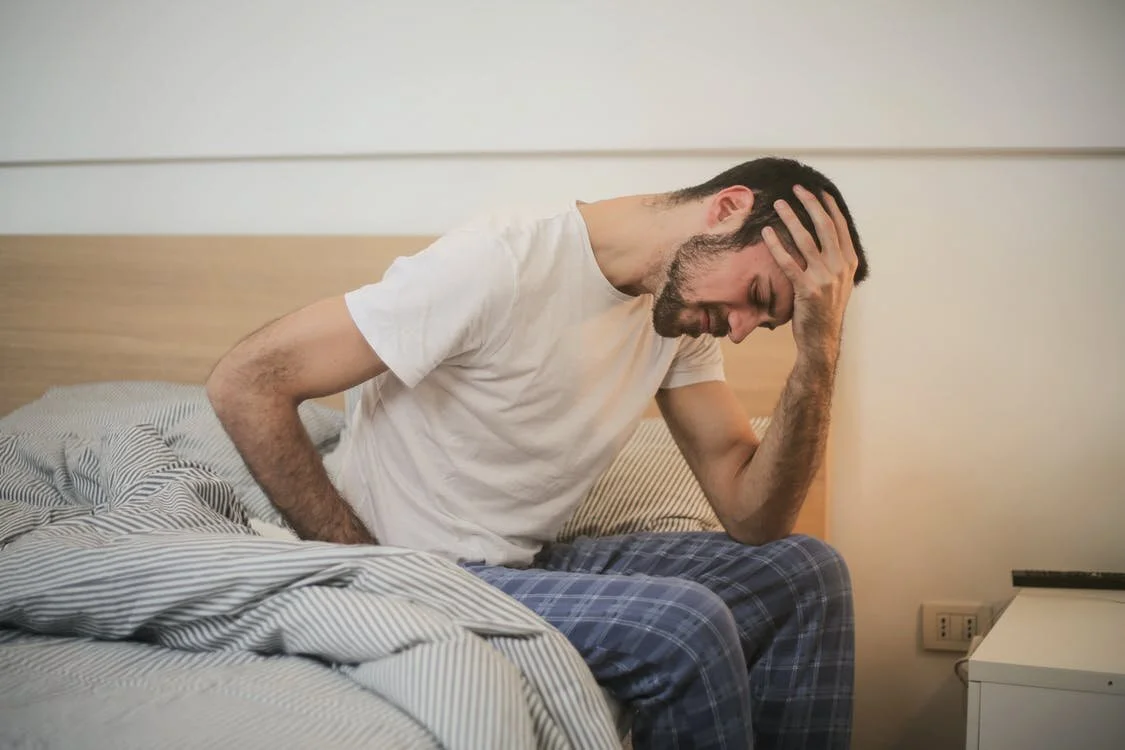How To Cope With Endometriosis Pain
Cover Image By Unsplash
Painful periods could be the first sign of endometriosis; unfortunately, doctors do not assume you have the sickness since painful periods might be due to other issues. You are most likely to get a misdiagnosis at first. If you have been treating different pelvic health conditions in vain, you can visit an endometriosis specialist in Midtown West near you for a correct diagnosis. Although patients think that periods are naturally painful, too much pain that makes you miss everyday activities could be a sign of endometriosis. Your monthly cramps should only make you feel uncomfortable but not extremely painful. Endometriosis specialists will educate you on coping with endometriosis pain; read on for these endometriosis pain coping mechanisms.
Use a Heating Pad
Heat leads to increased blood flow in the blood vessels in the abdomen and loosens muscle cramps. Even when you are on the move, you can carry a wireless heat pad to plug into an electricity source to make it hot when it gets cold.
Take Warm Baths
When you are at home, and the cramps are not giving you peace, you can soak yourself in a warm bath. The bath will relax your muscles and ease your pain as it acts as therapy soothing your mind.
Drink More Water
Being hydrated will reduce the cramps by working on gut bloating and abdominal pain. During high-intensity endometriosis pain, you might realize that you are dehydrated.
Use Medications
You can use prescription and over-the-counter medications such as ibuprofen to handle endometriosis pain. Although pain medications take away endometriosis pain temporarily, they can help you get through difficult days.
Try TENS Machine
Transcutaneous electrical nerve stimulation (TENS) can help endometriosis pain. The machine sends vibrations to specific nerves leading to muscle relaxation and pain relief. You can buy an affordable device for your home if the pain is severe, or opt for physical therapists who recommend the machine for pain relief.
How to Prepare to See an Endometriosis Expert
Be prepared to answer questions
The first thing your endometriosis doctor asks is about past medical history, and you have to include related symptoms such as irritable bowel syndrome. You should note the abdominal conditions which did not improve with treatment as they could indicate endometriosis. The doctor might want to know about the period symptoms for immediate relatives as endometriosis is highly hereditary.
Be patient and persistent
Getting over endometriosis pain is not easy, and it will be helpful when you get the correct diagnosis and let the doctor work on your condition. You should not give up since it can be hard to get the right diagnosis; keep going back to the doctor’s office if your symptoms do not improve. Moreover, if the doctor opts for surgical procedures to reverse endometriosis, you should gladly accept their recommendation as it can make a difference in your health.
The Bottom Line
Endometriosis pain can take a toll on your life and prevent you from accomplishing everyday activities. At first, it can be hard to diagnose the condition, but you should be persistent until you get the right diagnosis. Moreover, you can practice pain relief techniques that can reduce the signs of endometriosis at home. Moreover, if the doctor recommends surgery for endometriosis, you can gladly take the offer to deal with your pain.









